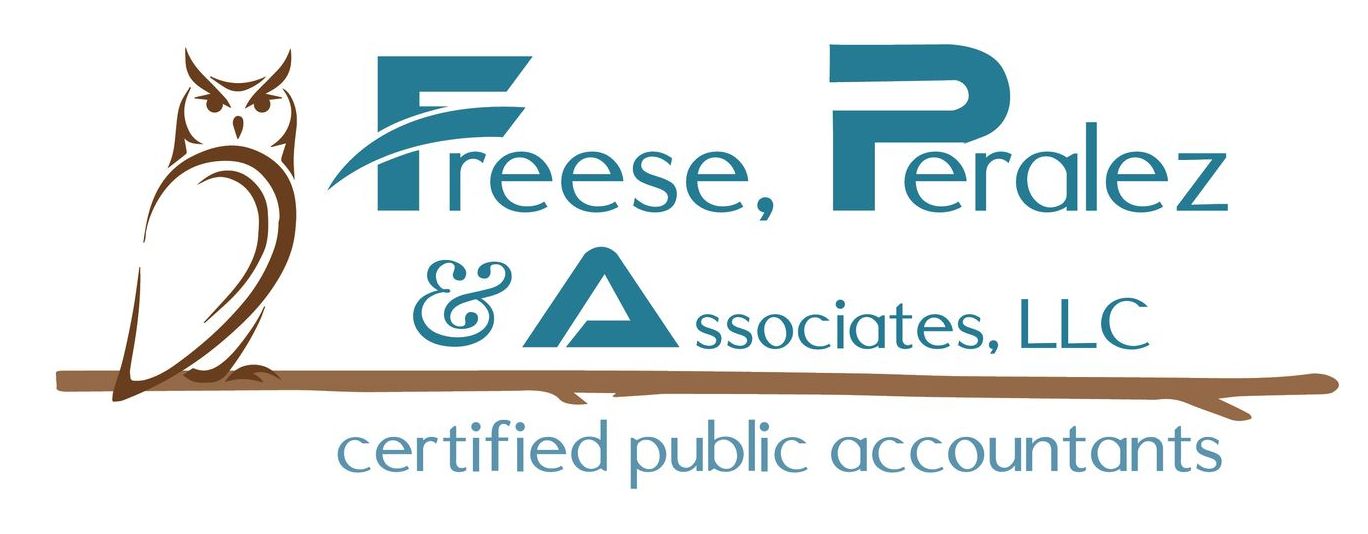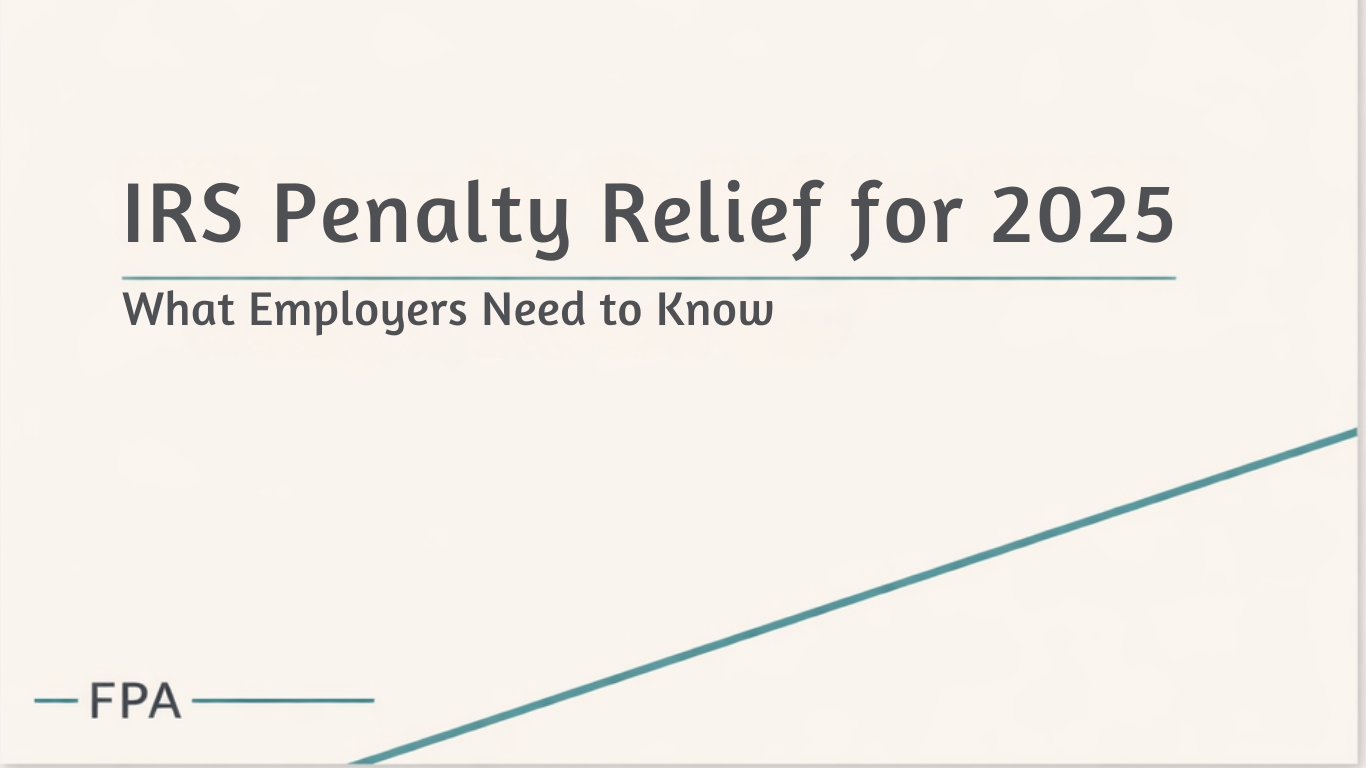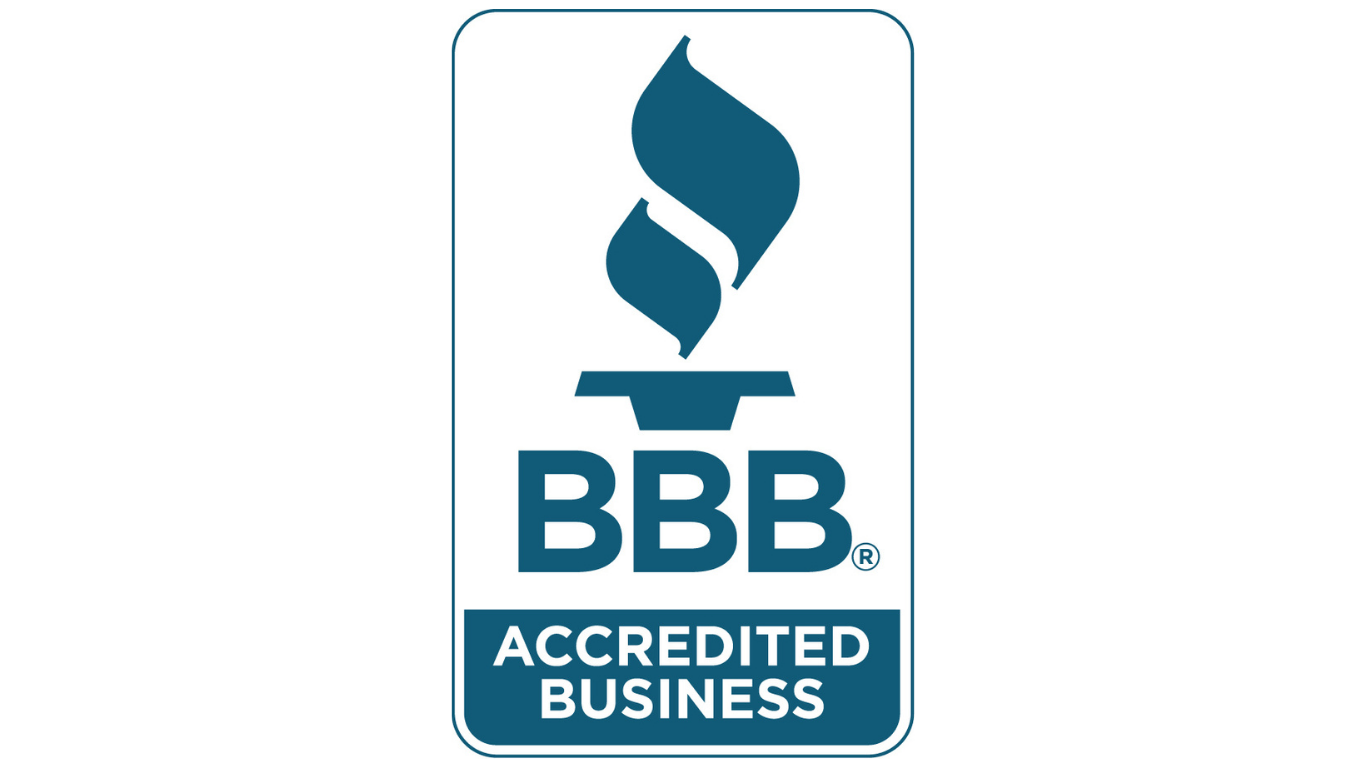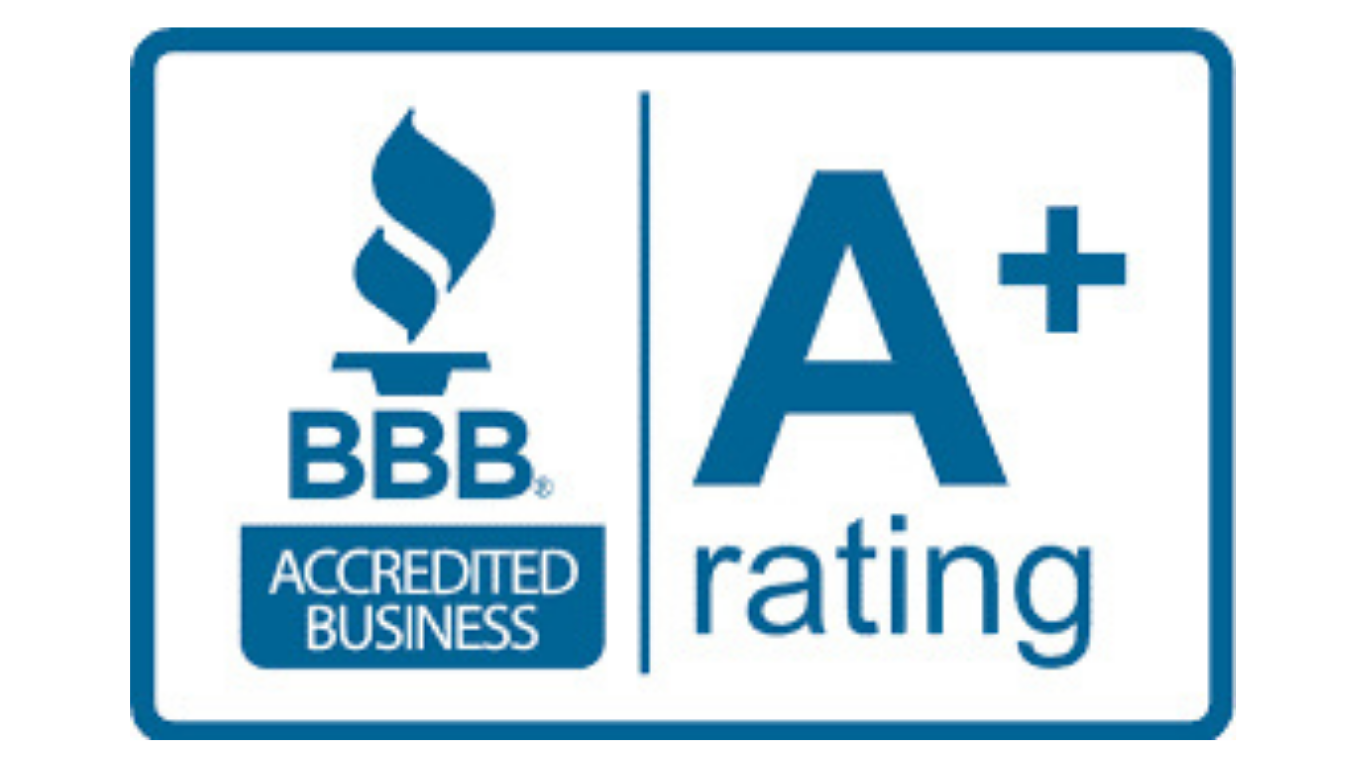The Importance of Tax Planning for Long-Term Business Growth
The Importance of Tax Planning for Long-Term Business Growth

1. Tax Strategy Supports Scalable Growth
As your business grows, so does its complexity. Multiple revenue streams, expanding headcount, new asset purchases, and evolving compensation structures all have tax consequences, and those consequences scale with your size.
Without a plan in place, you may:
- Miss out on credits and deductions
- Overpay in self-employment or payroll tax
- Create cash flow issues during quarterly payments
- Face IRS or state scrutiny due to reporting inconsistencies
Example Scenario: A company reinvests $250,000 into growth but does so without coordinating with their CPA. That same investment, timed differently and structured with Section 179 or bonus depreciation in mind, could’ve reduced taxable income significantly and improved liquidity.
✅ What to Do: Integrate tax planning into your growth strategy not after the fact, but before you make major moves.
2. Entity Structure Evolves as You Scale
The LLC or S-Corp that worked for your first $500K may not be the right structure when you're at $5M+ in revenue, adding partners, expanding operations, or preparing for a sale.
Tax planning gives you the ability to:
- Restructure for liability protection and tax efficiency
- Implement multi-entity setups to isolate risk and income types
- Create holding companies for long-term wealth and legacy planning
🔍 Reader Question:
“We’ve added two new divisions and opened a second location. Should we still be operating under one LLC?”
That’s exactly the kind of question tax planning can answer. Your structure should support your goals, not hold them back.
3. Long-Term Planning Reduces Audit Risk
A disorganized, last-minute tax filing may get you through one year. But over time, a lack of consistency or documentation invites audit risk especially as your revenue grows.
Long-term planning helps you:
- Establish clear accounting policies and controls
- Maintain compliant books year after year
- Track partner basis and shareholder loans properly
- Create systems for reimbursing expenses, fringe benefits, and bonuses
Bonus: Long-term planning also prepares you to survive an audit with minimal disruption because everything has been done right from the start.
4. Tax-Efficient Compensation Drives Retention and Stability
As your team grows, so does the challenge of rewarding people while keeping your margins strong. Long-term tax planning allows you to structure:
- Deferred compensation and bonus programs
- Profit-sharing or phantom equity plans
- Retirement contributions that serve both owner and employee needs
Real-World Insight: A Cash Balance Plan or Defined Benefit Plan can allow you to shelter hundreds of thousands in income while offering a competitive benefit for key employees.
Tax planning turns compensation into a growth tool, not just a payroll line item.
5. Planning Now Means a Smarter Business Exit Later
Eventually, you may want to sell, hand the business off to family, or bring in a private equity partner. The earlier you begin tax planning for that moment, the more flexibility and value you’ll preserve.
With long-term planning, you can:
- Build toward a tax-efficient sale (stock vs. asset structure)
- Shift income or ownership to lower-tax family members or trusts
- Time income and deductions to reduce your final-year tax hit
- Implement charitable strategies that support causes you care about and lower your taxes
⏳ Reminder: Exit planning is a 3–5 year process not something to start the year you want out.
Final Thoughts from Tim Freese
“Tax planning isn’t just about saving money today, it’s about making decisions that protect what you’re building. If your business has long-term goals, your tax strategy should match.”
— Tim Freese, CPA | Managing Partner, Freese, Peralez & Associates, LLC
Next Steps
Already a client? Let’s review your long-term goals together and align your tax strategy to match.
Not a client yet? Fill out our contact form we’ll help you build a tax strategy designed for where you’re going, not just where you are.
Want to ask a question or share your growth story? Post it on our social media, we may feature it in an upcoming blog (anonymously, of course).



























